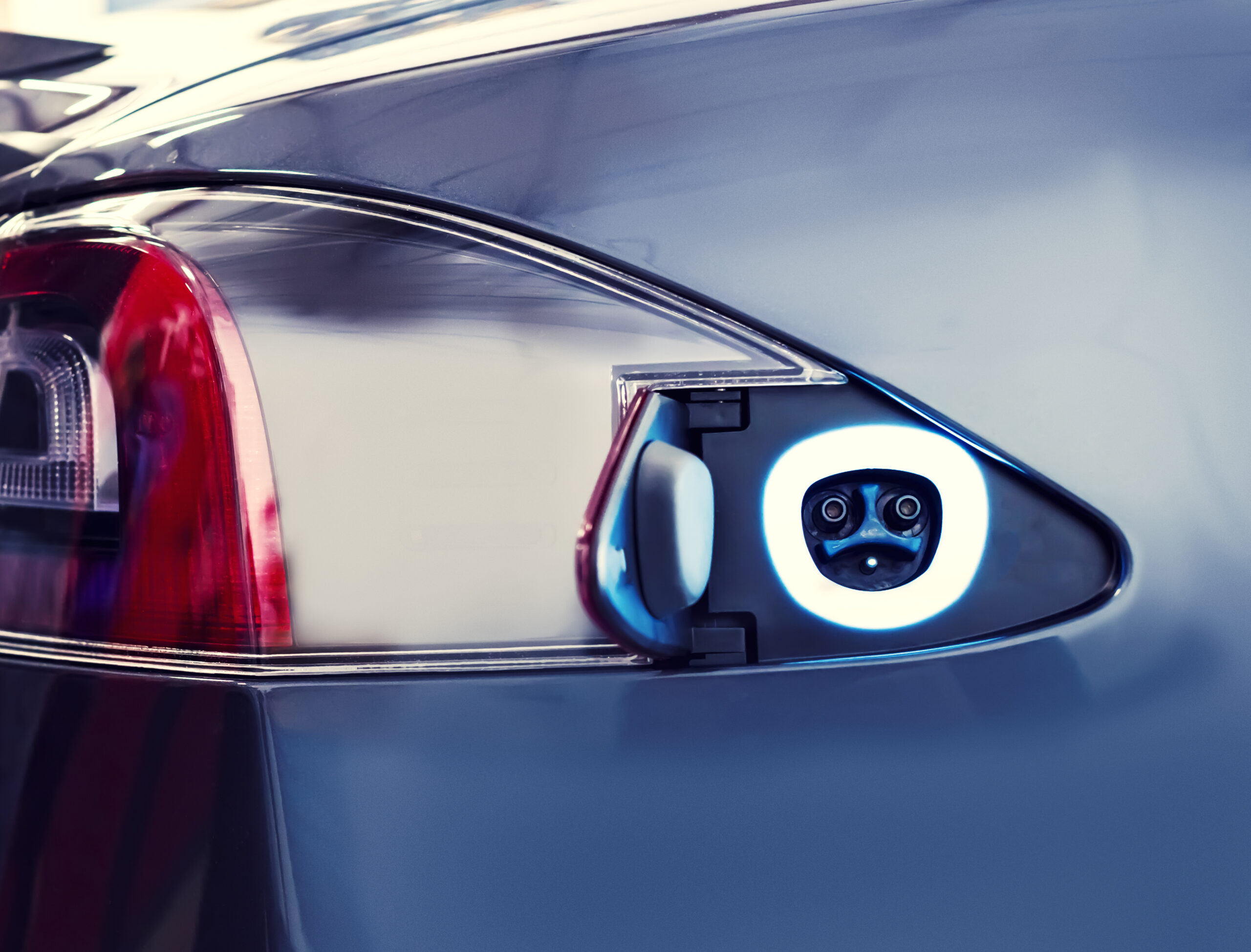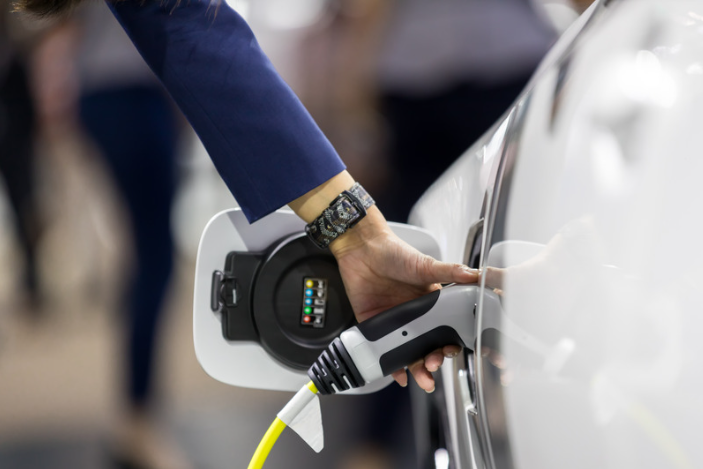Welcome to the ultimate guide on installing an EV charger at home. In this article we will cover all aspects of setting up your own electric vehicle charging station in either your garage or driveway. Lets dive right into it!
Understanding EV Chargers
Electric vehicles are becoming increasingly popular due to their eco friendly nature and lower running costs. However when it comes time for recharging these cars require specialized equipment known as EV chargers. There are two main types of EV chargers available on the market: Level 1 and Level 2. The former uses a standard household outlet while the latter requires its own dedicated circuit breaker but can fully charge your car in just hours instead of overnight like with level one chargers. If you’re looking into purchasing an electric vehicle or already have one consider investing in either type depending on how frequently you need to use them.
Choosing the Best EV Charger for Your Home
The installation of an EV charger at home requires careful consideration when selecting the appropriate model for your needs. You must take into account factors such as what type of electric vehicle you own, how frequently it will be used and desired charging timeframes before making a decision on which level is most suitable – Level 1 or Level 2? If infrequent use is expected then opting for a basic Level 1 unit may suffice but if regular usage occurs daily or weekly then investing in more advanced technology like Level 2 would provide greater convenience overall. This also means choosing reliable brands with good customer support services available should any issues arise during operation. By doing so ensures that all aspects are covered beforehand preventing future inconveniences from arising later down the line.
Understanding the Installation Process
Installing an EV charger requires careful planning and execution. The process involves several stages such as selecting the location, preparing the site for installation running electrical wires mounting the charger unit testing its functionality – all of which can take up to four days depending on complexity levels involved in each stage . To ensure safety during this operation it is crucial that you hire a licensed electrician who has experience working with these types of chargers beforehand. ensuring optimal results without compromising on quality or security measures taken throughout the project lifecycle.
The Costs of Installing an EV Charger at Home
The installation of an EV charger involves several factors that determine its cost. These include the type of charger being installed, labor fees and materials required for construction. On average level 2 chargers range from $500 to $800 without accounting for additional expenses like installation costs which can vary between $300-$600 per unit. However utility companies may offer rebates if customers install these devices so make sure you check with them before starting any work on site. With this information in mind it’s essential to carefully consider all aspects involved when deciding whether or not investment into such technology is worthwhile given your specific circumstances.

EV Charger Installation FAQs
When considering installing an EV charger at home, its common for people to have several questions. Here are some of the most frequently asked ones:
Installing an EV charger may seem like a DIY project but its best left to professionals. Electricians have the necessary expertise and equipment needed for safe installation without any risks involved.
For those with an EV the question of how long it takes to charge using a level 2 charger is important. The answer depends on several factors including battery size and charging speed – expect anywhere from half hour upwards for full replenishment timeframes ranging between thirty minutes all the way through eight hours or more! Be sure to factor this into your travel plans accordingly when planning out trips in advance so that you don’t find yourself stranded without power midway through journeys.
Installing an EV charger may cause a slight increase in energy bills but its relatively insignificant compared to other household appliances. Most chargers operate during off peak hours when electricity rates are lower making it more affordable for you to charge your car. So don’t worry about breaking the bank!
In conclusion, installing an EV charger at home is a wise choice for those seeking to reduce their carbon footprint and save money on gasoline. By following these tips you can successfully install this technology without breaking the bank. Its time we all take action towards creating a more sustainable future!
